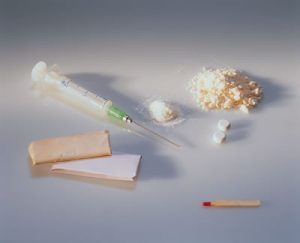What may seem like a dangerous habit to one might not seem that way to another. But what is dangerous is truly dangerous and harmful to health. An addiction is a state of physiological or psychological dependence on a potentially harmful substance.
Below is a list of some dangerous addictions:
Alcohol
This substance is legally purchased, readily available and inexpensive. These days it is hard to find individuals at shopping malls without them purchasing alcoholic drinks.
Alcohol has the potential to remain in the bloodstream long enough for a user to operate a vehicle under the influence, neglect children, engage in a physical altercation or pass out in harm’s way.
Alcohol harms the heart, the liver, the brain and ultimately leads to death through system failure.
Smoking
One of the most common addictions in our society today is smoking. Most people are aware that smoking cigarettes is a serious addiction and is dangerous to health.
Cigarettes have strong potential to become addictive because the habit looks very innocent and does not result in much danger to others, simply pleasure to oneself.
Nicotine is found to be present in most cigarettes, and is the major cause of cigarette addiction. The sad fact is that cigarettes snatch about 13 years from the life of a male smoker through disease and 14 years from a female smoker.
Opioids
 Opioids top the list for drugs that kill in a hurry. The risk of sudden death for those who abuse opioids is nearly six times greater than the risk for healthy individuals.
Opioids top the list for drugs that kill in a hurry. The risk of sudden death for those who abuse opioids is nearly six times greater than the risk for healthy individuals.
These medications that relieve pain are prescribed drugs that become addictive in time and result in deadly overdose very quickly.
Just because the drug is used often and over time does not diminish its ability to strike and kill very suddenly.
Amphetamines
Amphetamines are a group of synthetic psychoactive drugs called central nervous system (CNS) stimulants. They are prescribed today for children suffering from Attention Deficit Hyperactivity (ADHD). They have a calming effect on those with this disorder. The effect on ordinary people is a sense of revved-up performance, self-confidence, soaring happiness, and well-being.
The bad side is the steady erosion of emotional control, mental health and bodily functions. A great deal of time is taken up to obtain adequate quantities of the drug or recovering from the physical beating that amphetamines deal out to the user.
Food
Surprised? Yeah, food also is an addiction, depending on what you eat. It keeps on giving, in terms of poor body image, social handicaps, crippling weight, type 2 diabetes, heart diseases, and despair.
Over-eating is a slow killer, and years of accumulated body fat shortens lives.
Addictions don’t start out as addictions. They begin by filling a need. Sometimes, that’s all it takes.













